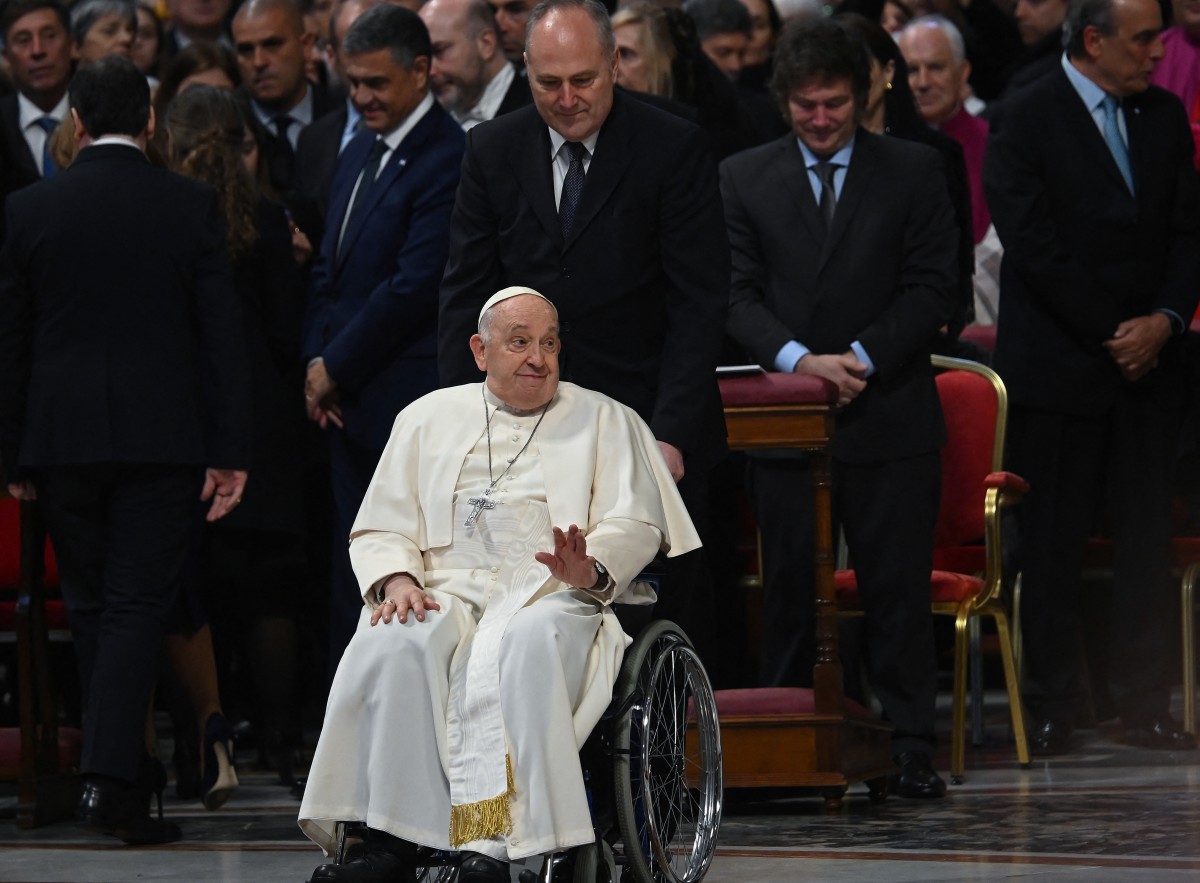Pope Francis addressed participants in the General Assembly of the Pontifical Academy for Life on Monday, delving into the theme of “Human. Meanings and Challenges.”
The Pope underscored the Academy’s role in exploring the distinctiveness of human beings in a world increasingly shaped by technology, according to a Vatican News report.
During the audience, Pope Francis acknowledged the pervasive influence of technology in various aspects of human life but cautioned against outright rejection.
Instead, he emphasized the need to integrate scientific and technological knowledge into a broader context of meaning to counter the dominance of a technocratic paradigm.
“What is needed is to situate scientific and technological knowledge within a broader horizon of meaning, and thus to avert the hegemony of a technocratic paradigm,” said Pope Francis.
The Pontiff drew parallels between modern technological efforts, such as the use of binary code, and the biblical story of the Tower of Babel.
Rather than viewing God’s response as punishment, he characterized it as a “kind of blessing” aimed at promoting diversity of thought and respecting differences among people.
Pope Francis urged scientists and researchers to exercise their craft responsibly, emphasizing the importance of understanding that human creativity is always subordinate to the creativity of God.
He expressed concerns about the limitations of artificial intelligence, stating that “talking machines” can never be endowed with “spirit.”
Anthropologists, he added, play a crucial role in developing a culture that integrates science and technology while acknowledging and promoting the irreducible specificity of the human being.
Pope Francis highlighted the deeper dimension of human relationships beyond language, emphasizing the significance of emotions, desire, and intentionality.
“There is a higher plane to human relationships than language, which lies in the sphere of ‘pathos and emotions, desire and intentionality’,” he said.
Praising the Pontifical Academy for Life for fostering cross-disciplinary dialogue, the Pope drew parallels between this initiative and the ongoing synodal process in the Church.
He acknowledged the demanding nature of the process, which requires careful attention, freedom of spirit, and a willingness to explore uncharted paths.
Pope Francis stressed Christianity’s role in contributing to the technological-cultural dialogue, absorbing meaningful elements from various cultures and interpreting them in the light of Christ and the Gospel.
He encouraged a far-sighted approach, emphasizing the importance of Christianity’s historical ability to adapt and reinterpret in different cultural contexts.
“Christianity has always offered significant contributions, absorbing meaningful elements from every culture where it has taken root and reinterpreting them in the light of Christ and the Gospel, appropriating the linguistic and conceptual resources present in various cultural settings,” he said.







